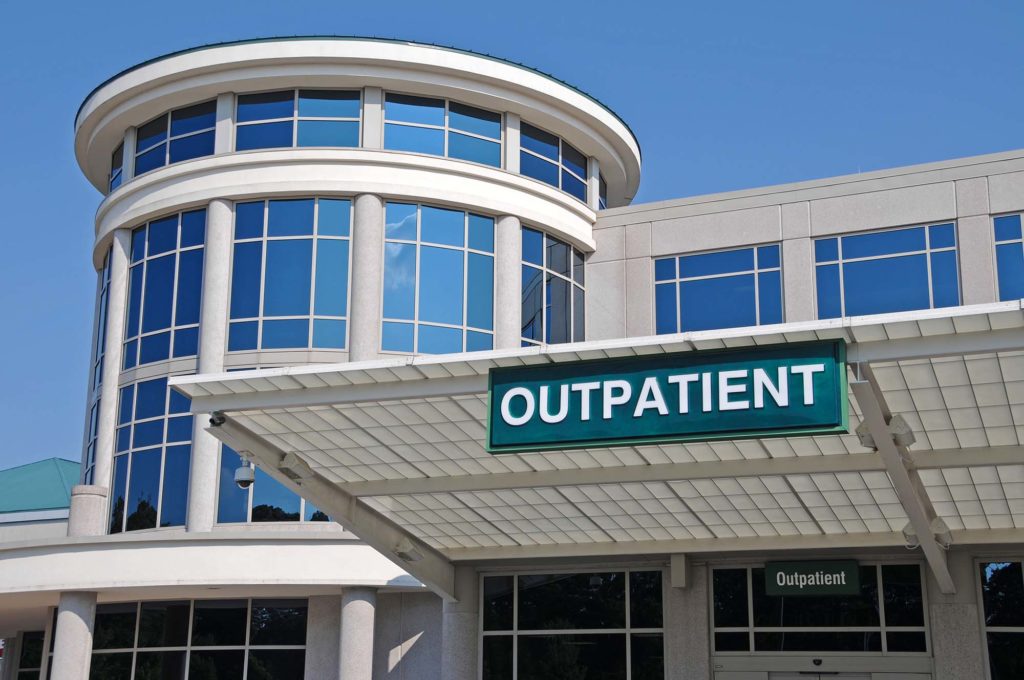News
New Emergency Waivers Further Expand Opportunities for Ambulatory Surgery Centers and Telehealth Providers to Assist During COVID-19
 On March 30, 2020, the Centers for Medicare and Medicaid Services (“CMS”) announced a multitude of additional, temporary waivers intended to assist hospitals with the projected surge in patients as a result of the Coronavirus Disease (“COVID-19”). The waivers are effective retroactively as of March 1, 2020. In its announcement, CMS cited various goals of this new round of emergency waivers, which include increased hospital capacity, expansion of healthcare workforces available to hospitals, expansion of access to COVID-19 testing, prioritizing patient care over paperwork, and the further expansion Medicare coverage of telehealth services. In its effort to increase hospital capacity, CMS provided opportunity for ambulatory surgery centers (ASCs) to assist. This article focuses on the ways ASCs and other non-hospital facilities can assist during the pandemic. Moreover, the article addresses some of the updates to the existing telehealth emergency waivers discussed in a prior article written by the Johnson Pope Health Care Group.
On March 30, 2020, the Centers for Medicare and Medicaid Services (“CMS”) announced a multitude of additional, temporary waivers intended to assist hospitals with the projected surge in patients as a result of the Coronavirus Disease (“COVID-19”). The waivers are effective retroactively as of March 1, 2020. In its announcement, CMS cited various goals of this new round of emergency waivers, which include increased hospital capacity, expansion of healthcare workforces available to hospitals, expansion of access to COVID-19 testing, prioritizing patient care over paperwork, and the further expansion Medicare coverage of telehealth services. In its effort to increase hospital capacity, CMS provided opportunity for ambulatory surgery centers (ASCs) to assist. This article focuses on the ways ASCs and other non-hospital facilities can assist during the pandemic. Moreover, the article addresses some of the updates to the existing telehealth emergency waivers discussed in a prior article written by the Johnson Pope Health Care Group.
Temporary Expansion Sites
The emergency waivers create opportunity for ASCs that have been impacted by orders on both the state and federal level to delay elective surgeries and procedures. The emergency waivers capitalize on the capacity of ASCs by allowing hospitals to expand operations into such non-hospital-based locations. In addition, ASCs currently enrolled in Medicare can temporarily enroll as hospitals under the emergency waivers. To participate in this manner, ASCs must comply with the conditions of participation for a hospital. These conditions of participation have been relaxed during the public health emergency.
If temporarily enrolled in Medicare as a hospital, ASCs can provide hospital services to patients at the same reimbursement rates of hospitals. Alternatively, ASCs can contract with hospitals to treat patients as temporary expansion sites under the control and oversight of the hospital.
Lastly, the emergency waivers permit ASCs and certain other non-hospital facilities to serve as COVID-19 testing facilities.
It is important to note that the waivers do not permit ASCs to function in their typical fashion. ASCs are still expected to comply with state mandated guidelines, including existing state law and emergency-related orders delaying certain procedures and surgeries.
Telehealth Expansion
In a prior article, we summarized significant changes enacted by the federal government to expand the provision of telehealth services during the pandemic. As the number of infected citizens increases, the government increases its efforts to provide additional access to care. The latest round of additional waivers includes: (1) Expansion of the list of covered telehealth services; (2) Permissibility of virtual new patient visits ; and (3) Relaxation of direct supervision requirements.
The new emergency waivers temporarily expand the list of covered Medicare services eligible for telehealth. With this expansion, Medicare will cover 80 additional services rendered via telehealth. These new services include, and are not limited to, home visits, therapy services, and initial and discharge nursing facility visits. Previously, CMS recommended using the place of service code “02” to indicate the service was rendered via telehealth. Under the new guidance, CMS recommends the place of service code accurately reflect the physical location of the service as though the service was rendered in-person. To indicate the service was rendered via telehealth, CPR Modifier 95 should be used.
In accordance with prior emergency guidelines from CMS, certain virtual check-ins and e-visits required a prior physician patient relationship. Thus, virtual check-ins and e-visits could not be performed for new patients. As part of the new emergency waivers, virtual check-ins can be conducted for new and established patients. The new guidance also indicates the prior physician-patient relationship requirement for e-visits will not be enforced during the state of emergency.
Lastly, the new emergency measures address Medicare’s direct supervision requirement for services billed “incident to” a physician’s visit. Traditionally, for purposes of incident to billing, direct supervision requires the supervising physician to be present in the office suite and immediately available for direction and assistance. During the current conditions, CMS acknowledged concern that this in-person requirement could create risk of exposure to COVID-19. If there is risk of exposure to either the beneficiary or the physician, the supervising physician may supervise the visit remotely if it is safe to render such supervision in a virtual manner. The physician will make these determinations using his or her clinical judgment. Virtual, direct supervision must be provided through real-time audio and video communications, and the physician must still be immediately available for direction and assistance.
We want to reiterate that state law still applies to services rendered via telehealth, and Florida has separate restrictions on treatment via telehealth.
*THIS ARTICLE PROVIDED FOR INFORMATIONAL PURPOSES ONLY AND SHOULD NOT BE CONSIDERED LEGAL ADVICE. LEGAL ADVICE CANNOT BE GIVEN WITHOUT INFORMATION ABOUT YOUR SPECIFIC SITUATION.

